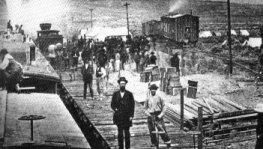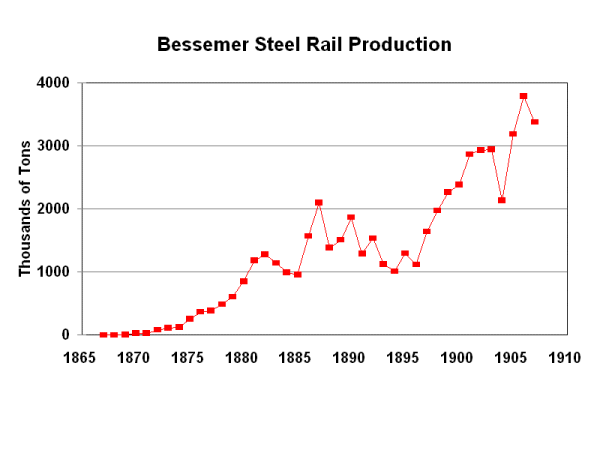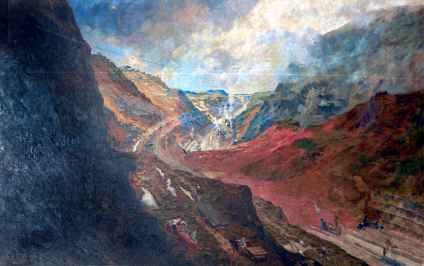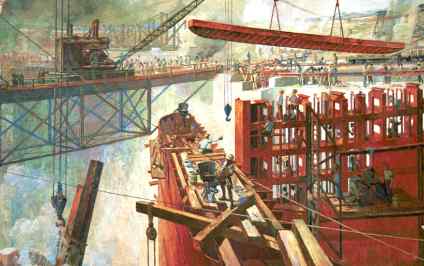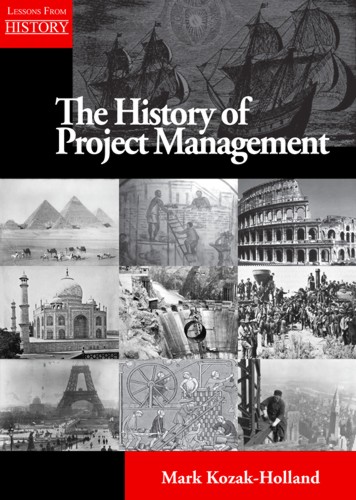LFH Overview
Rewarding Employees and Team Members Workshop
Rewarding Employees and Team Members without Breaking the Bank
Using case studies from The History of Project Management
|
Your wallet is empty but you still need to reward your project team? The workshop explores the challenges encountered in keeping morale high when you have a tight budget. Summary Description of WorkshopThis is something with which managers have perennially struggled and we can trace this problem – and creative solutions to it – all the way back to projects like the construction of the Giza Pyramid and the Roman Colosseum. Over the course of time, different reward systems have been used successfully to motivate individuals and teams to deliver projects. The workshop juxtaposes different case studies, for example, the U.S. Transcontinental Railroad Construction Project ran very quickly into trouble and looked doomed to fail when spiraling costs got out of control. When the right reward systems were then put in place, however, the project turned around to become one of the most successful projects of the 19th Century. In another example, the French Panama Canal Project (1882-1888) chose the wrong reward system that ended up bankrupting the project while only achieving meager results. Later, the U.S.A. learned many lessons from this project failure, and took a very different approach in setting up a reward system which resulted in the successful completion of the project in 1914. In these economically-challenged times, the use of rewards might seem extravagant — but building team morale is even more important in tough times! Nevertheless, even the best reward ideas can fall flat if they aren't suitable to the person, the organization, the situation or the magnitude of the accomplishment. In this one-day workshop, learn four key factors that will maximize the impact of your rewards, and secrets of the best managers that will guarantee delighted recipients. Historical case studies will be used to illustrate the key lessons and bring the topic to life. Designed under the Lessons-from-History series, this Best Practice in Project Management Workshop will breathe new life into project management learning. The workshop takes lessons from the historical project and enables you to recognize the parallels in your own organization and projects. You will undertake a range of practical exercises throughout the day enabling you to relate lessons back to your own projects and apply new learning to your own projects. Who Should Attend?Entry/Intermediary level of experience for project managers, project leaders, team leaders and general business professionals. |
|
Learning ObjectivesYou will learn:
|
|
The Benefits of the WorkshopAt the end of the workshop you'll be able to:
|
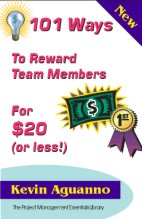 |
|
The workshop is based on the following publications. Note: This course conforms to the internationally recognized standards of the Project Management Institute (PMI®). You will receive 8 PDUs (professional development units) upon completion. |
|

